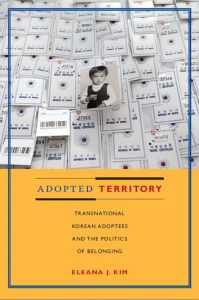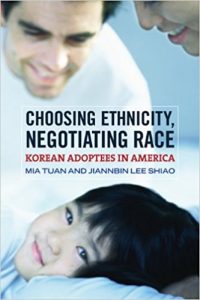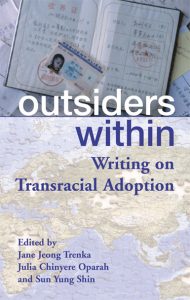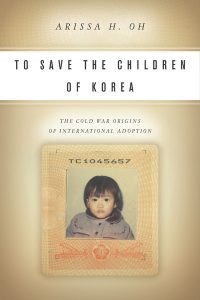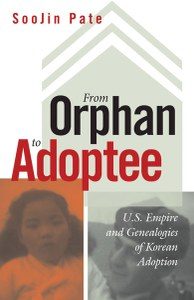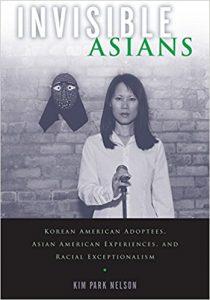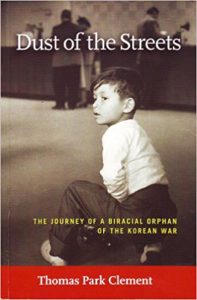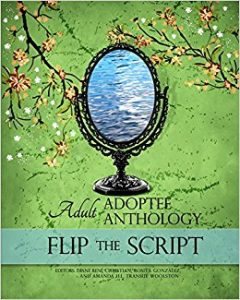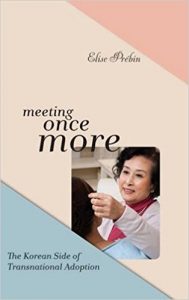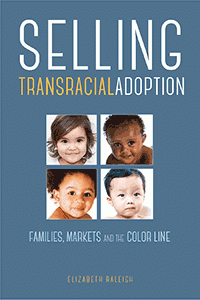My Korean Adoptee Bookshelf
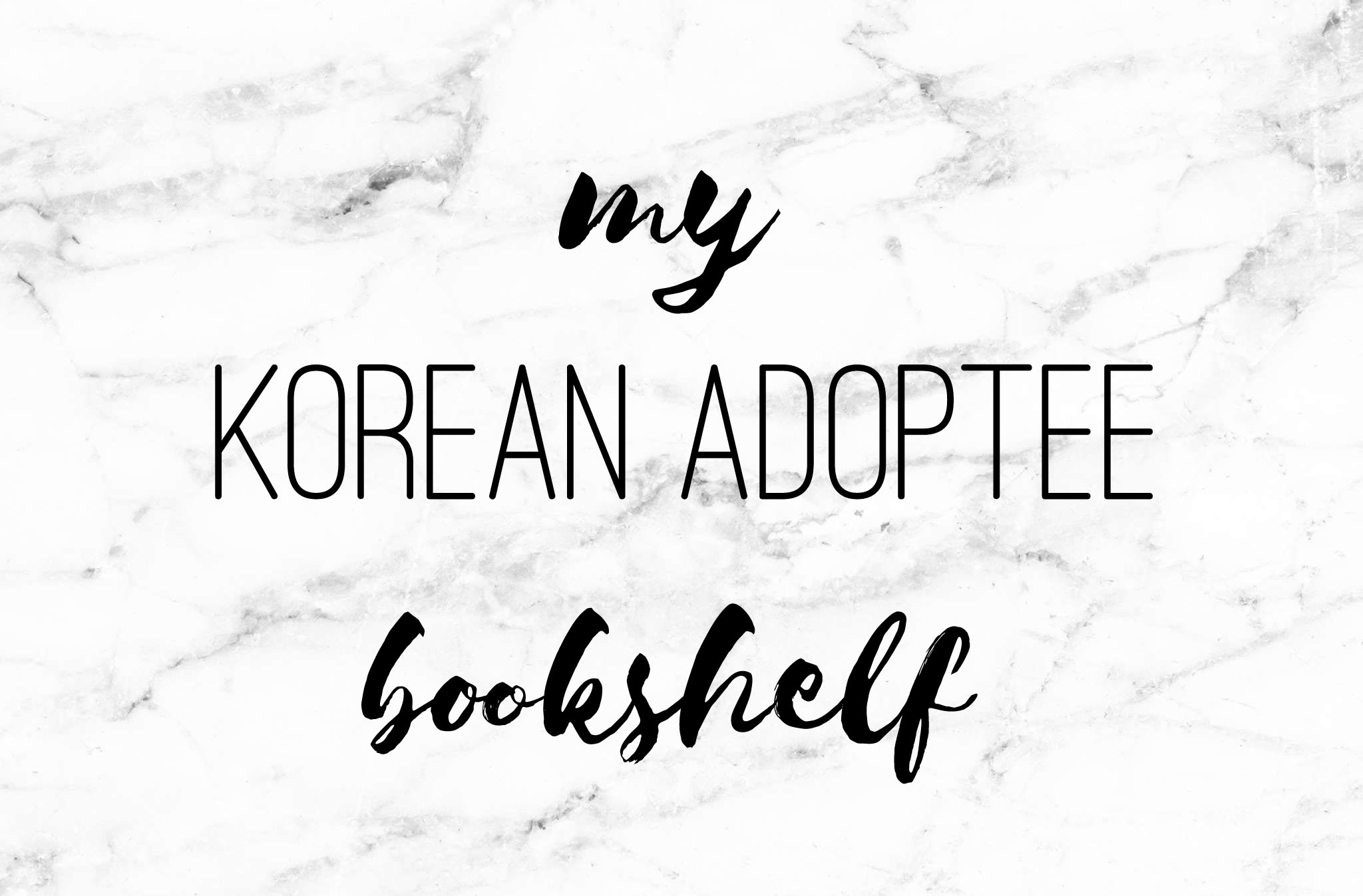
As a child, the library was one of my favorite places. I loved the endless adventures at my fingertips. There was something comforting, and exciting, about knowing that anything I could ever want to know, and much that I could never even imagine, could be found within those voluminous shelves. I voraciously devoured the stories from history, from authors’ imaginations, and those constructed from the world we live in. Naturally, when I wanted to know about people like me, adoptees, I went to those trusted library shelves. But this visit was different. Unlike the many successes of the past, this time I found no comfort within those shelves. My hunger was left unsatiated. Diligent searches up and down the stacks left me empty handed and dejected. Adventure, history, and science fiction lined the shelves, filling the building from wall to wall, but the fact was that I was nowhere to be found. . .
So begins my chapter “New Titles, New Stories” in the Flip the Script Adult Adoptee Anthology. The truth is that, for a very long time, I had given up on the idea that people like me, other adoptees, existed. If we were not represented in this place of knowledge, of fact and fiction, then was it the case that we simply were not? Even if I was evidence of the contrary, to not be found on those shelves left a certain void. It was with that desire for visibility, for something tangible, for confirmation of my existence that I wanted to learn and write about adoptees. And, it was with that goal in mind that I sought my PhD in Sociology.
“You guys know about vampires?” Diaz asked.
“You know, vampires have no reflections in a mirror? There’s this idea that monsters don’t have reflections in a mirror. And what I’ve always thought isn’t that monsters don’t have reflections in a mirror. It’s that if you want to make a human being into a monster, deny them, at the cultural level, any reflection of themselves.And growing up, I felt like a monster in some ways. I didn’t see myself reflected at all.
I was like, “Yo, is something wrong with me?
That the whole society seems to think that people like me don’t exist?And part of what inspired me, was this deep desire that before I died, I would make a couple of mirrors. That I would make some mirrors so that kids like me might see themselves reflected back and might not feel so monstrous for it.”
— Junot Díaz, Pulitzer-prize Winning Author
My goal with this degree has been to make mirrors and to find them. Now, as I look at my bookshelves, I am pleased to see a stack of books about me – about Korean adoption, about Korean adoptees. Though none authored by me yet, I read myself in these pages and know that while I could not find such works when I was a child at my neighborhood library, there were others like me – living, documenting, writing – and through these published words searching out and finding one another across time and space.
Below are the titles on my Korean adoptee bookshelf.
